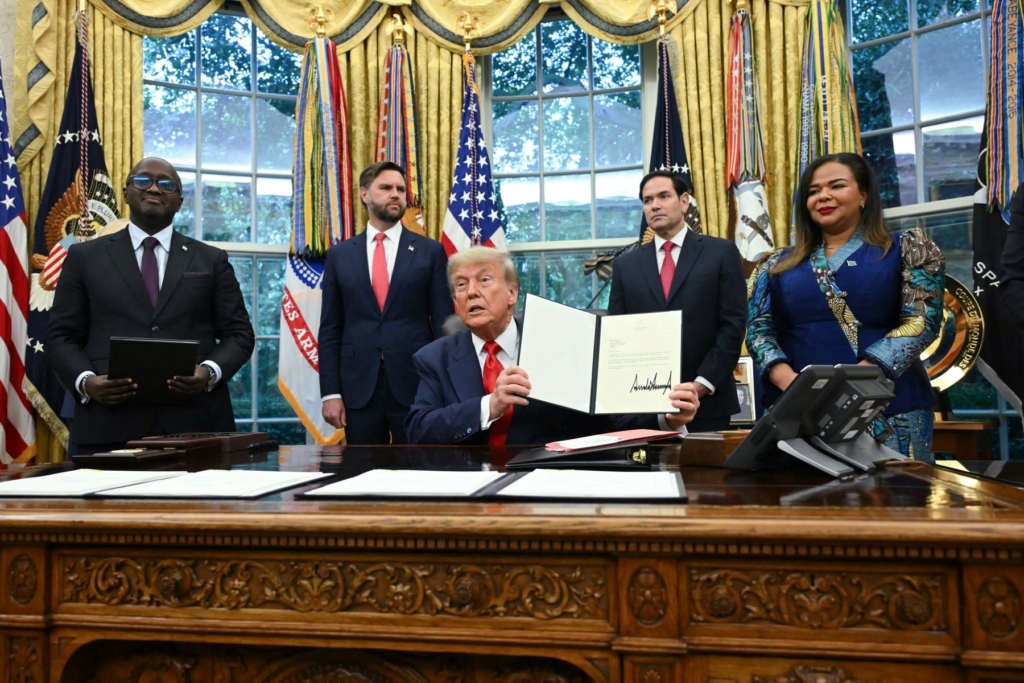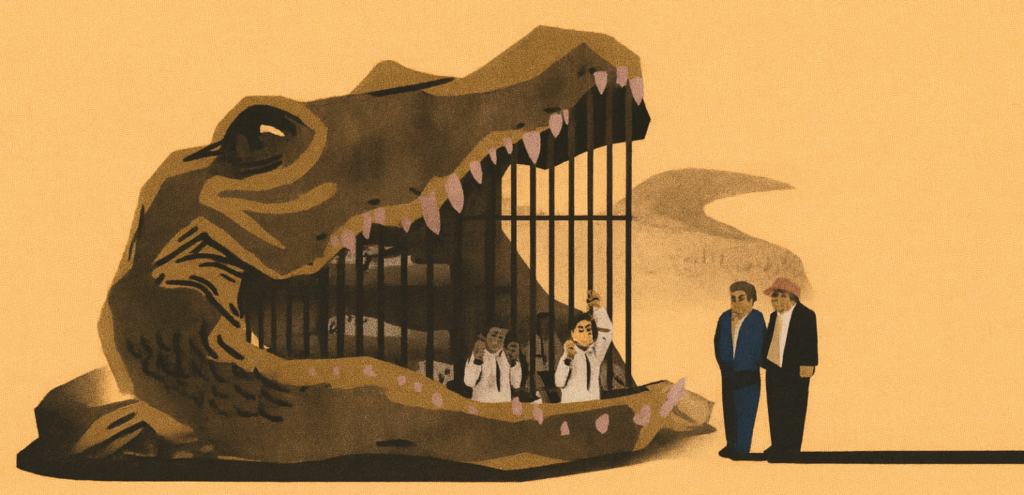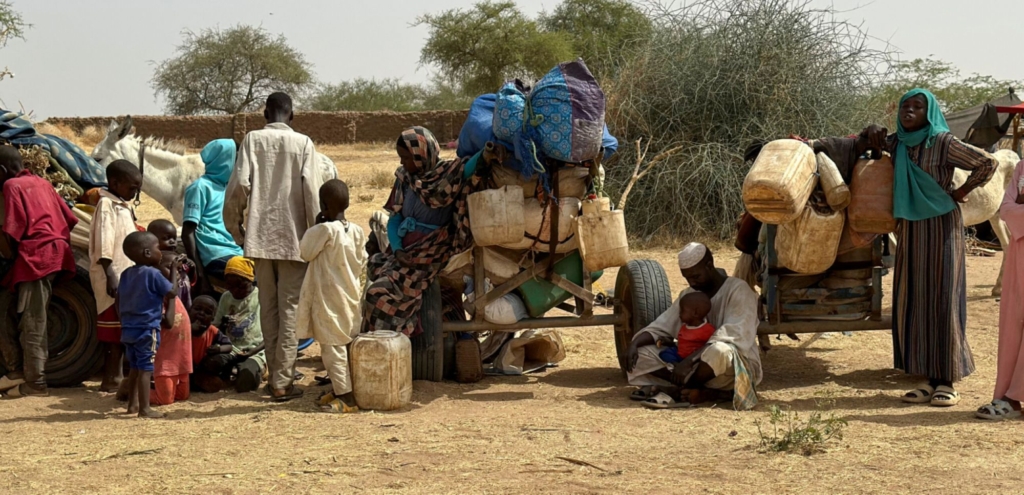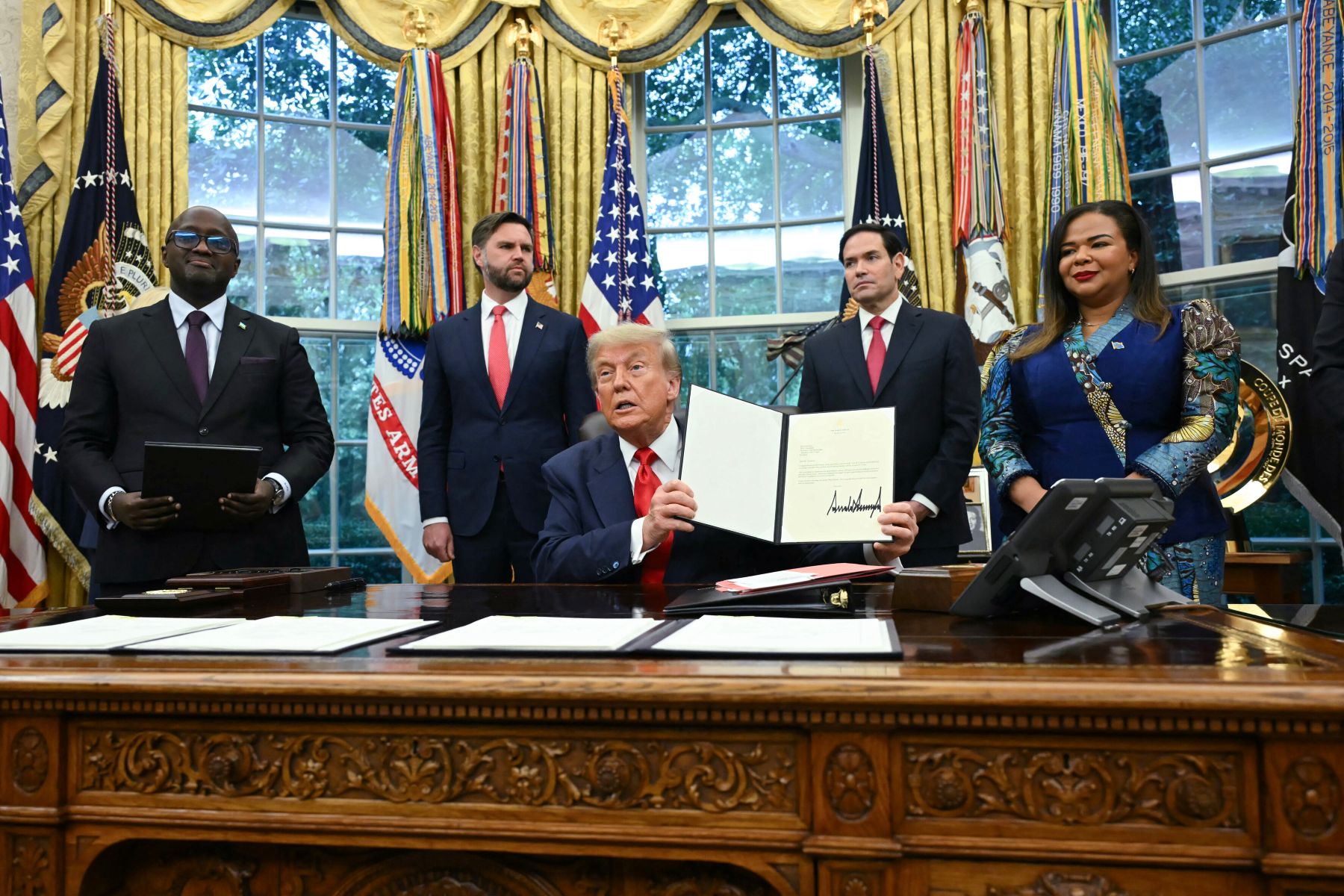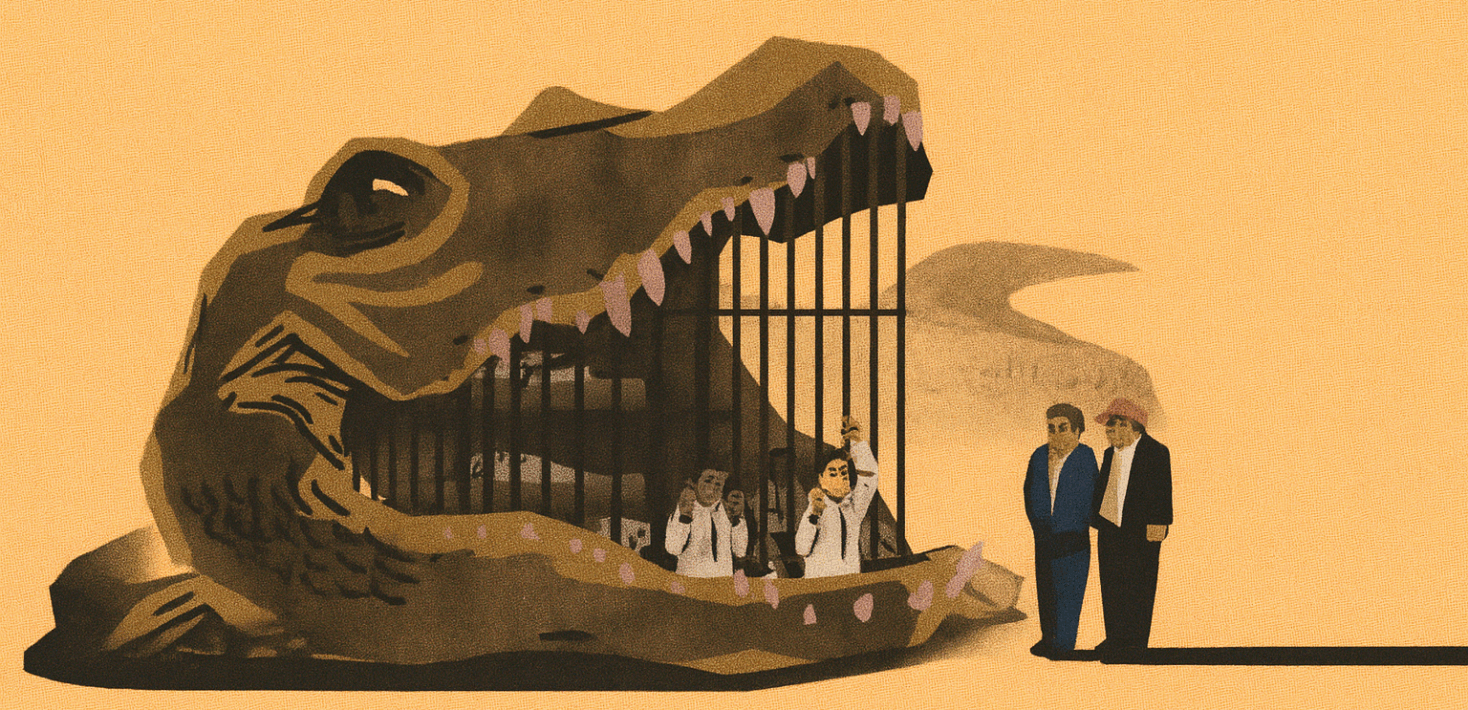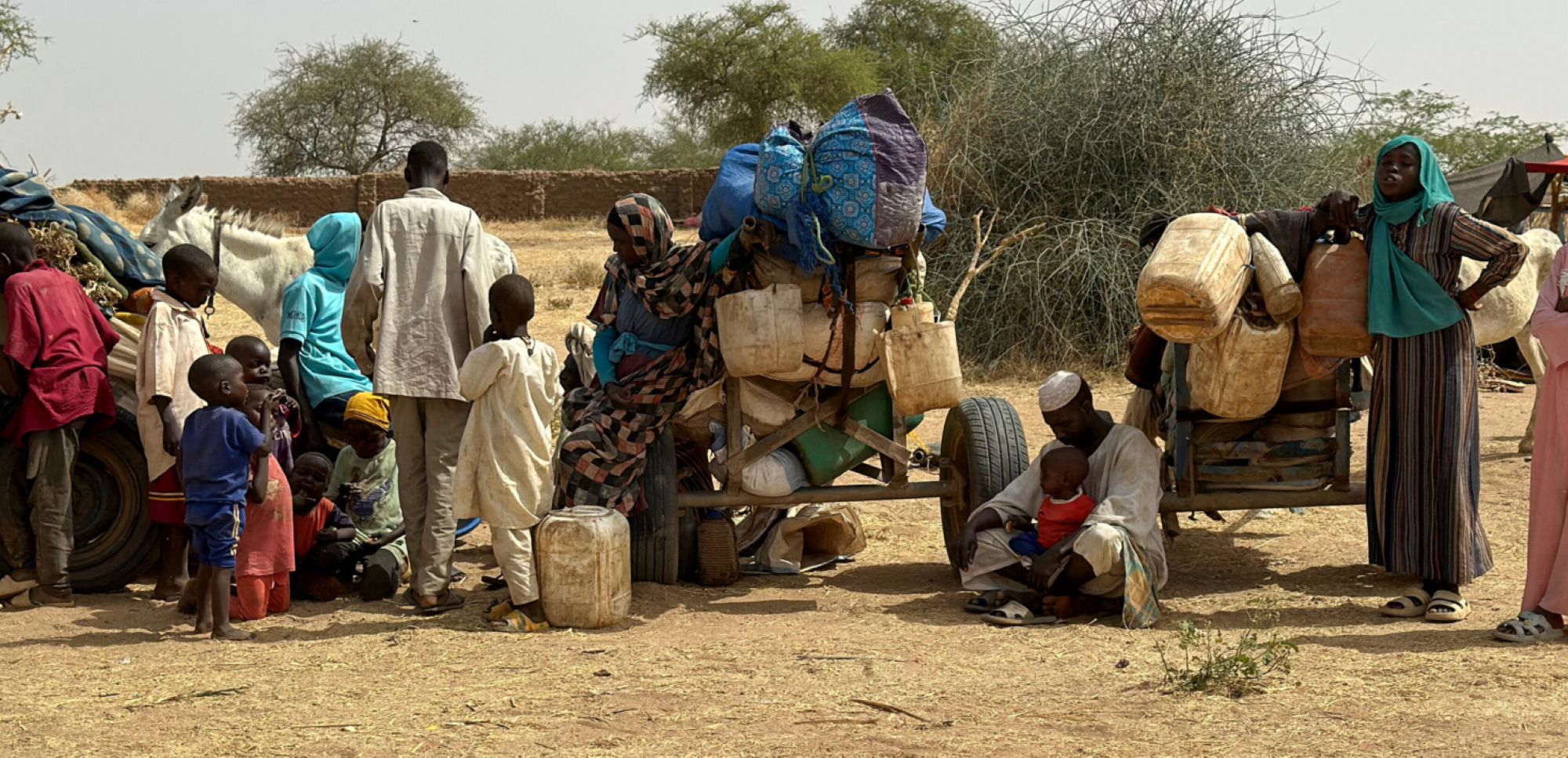We are a collection of stories. As a writer, I try to capture narratives in a way that suspends time while still staying within its boundaries. Some have told me that it is difficult to create new stories, that the current ones have already been reused, and that they are tired of reading. But on a chilly December afternoon, I wove through the narrow streets of Toronto and joined a group of people who care, love, and treasure the numerous narratives still beating on this planet.
I stumbled into the registration area, a few minutes shy of 1 pm. Strings of fairy lights and quiet bright lamps illuminated a set of posters on issues such as unjust sentences, unreasonable jail terms, and tragic deaths. Flash. A photo: Universal Declaration of Human Rights, Adopted by the United Nations on December 10, 1948. Flash. National Youth Organizers showing support for cases that resonate with them. Flash. Flash. Flash. These moments must be remembered. I vow to help people remember.
Photo above: Abonti Ahmed, National Youth Organizer, holding the Yiliyasijiang Reheman case
As I stood by with my notebook and pen in hand, I interviewed youth who were taking initiative at Toronto’s biggest Write for Rights event. The AI Canada National Youth Organizers were happy to respond to my questions about the importance of writing letters, and explained why they found themselves drawn to certain cases. To them, the moments of pens, papers, and reflection translated to more than writing for a greater cause, but also provided inspiration and motivation.
Abonti Ahmed was exuberant about the energy that sparks when people stand in solidarity. She was darting in and out of the photo sessions as she was also responsible for covering the event on social media, and frowned thoughtfully when I approached her with my questions. “Seeing people all over the world fight for human rights is very inspiring,” she told me. “It’s time consuming, but this [connection] makes me love activism even more.”
Hira Zulfiqar was conscious of her surroundings, but still desired to encourage others to become more familiar with human rights cases. As she was writing her second letter, she related: “I feel like a lot of these cases are to do with young people but there’s not a lot of us here. I think it’s important for me to learn more and share with my friends and family my passion for supporting human rights defenders.”
Photo above: National Organizer Hira Zulfiqar holding Magai Matiop Ngong case
The inspiration that Abonti found in the event was also echoed by Shantel Watson after the latter read about Marinel Sumook. Marinel motivated Shantel with climate change activism, and according to Shantel, is “someone who experienced some of the worst effects of climate change… A lot of people don’t pay attention to the effects of climate change, and [her actions] force them to acknowledge this.” Shantel continued, smiling slightly, with her chin resting on her hand: “And I think she’s so amazing because she’s so young but she’s already positioned herself in the world.”
Photo above: National Youth Organizer Shantel Watson, holding the Marinel Sumook case
The responses of the youth organizers also induced me to reflect on which issue was particularly compelling to me, and what I found important about the Write for Rights event.
Magai Matiop Ngong is 17 years old and on death row in South Sudan, after having been convicted of murder at 15. He had fired gunshots onto the ground as a warning when his cousin and his cousin’s neighbor had an argument, but one of the shots ricocheted off the terrain and fatally wounded his cousin. At the time, he did not have access to a lawyer and was sentenced to death by hanging. Reading these cases sometimes make me despair at the insensibility of the law. My brother is 14, and I cannot imagine the pain and torture both Magai and his friends and family have had to endure for the past two years.
This is the reason why the Write for Rights Campaigns are so important to me. On December 7, 2019, for six hours, a group of passionate individuals read, wrote, and were willing to take a stand on these violations of human rights. They were and remain resilient, and they were and still are willing to fight back alongside individuals such as Magai, Marinel, Nasu, Yasaman, Sarah and Seán, Ibrahim, Yiliyasijiang, the youth in Grassy Narrows, and Emil.
I’ve always admired the people who fight for what they believe in, who stand tall in front of adversity and are constantly compassionate to those who oppose them. The people who represent these ideals are the people who we were writing for in the Write for Rights event.
To be human is to live, breathe, and act, to be filled to the brim with stories despite every divide, every crossing, every border. And this is the reason why we need to continue to write, and never stop fighting — so future generations can learn, can understand, and can remember the narratives that others have chosen to forget or ignore.
Written by: Vivian (Xiao Wen) Li, National Youth Organizer
Photos credit: Vivian (Xiao Wen) Li
















